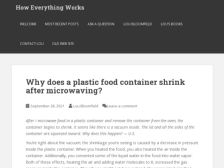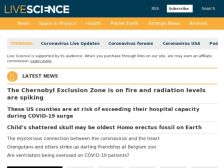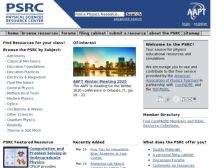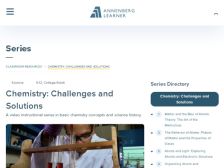Browse Resources
(15 classifications) (15 resources)
| Calendars
(1)
Computer network resources (10) Dictionaries. (2) Experiments. (2) Handbooks, manuals, etc. (1) History (1) Miscellanea. (1) |
Periodicals
(5)
Research (8) Study and teaching (22) Study and teaching (Elementary). (9) Study and teaching (Graduate) (2) Study and teaching (Higher). (3) Study and teaching (Middle school) (4) Study and teaching (Secondary). (8) |
Resources | |||||||||||||||||||||||||||||||||||||||||||||||||||
|---|---|---|---|---|---|---|---|---|---|---|---|---|---|---|---|---|---|---|---|---|---|---|---|---|---|---|---|---|---|---|---|---|---|---|---|---|---|---|---|---|---|---|---|---|---|---|---|---|---|---|---|
| |||||||||||||||||||||||||||||||||||||||||||||||||||
| Next → | |||||||||||||||||||||||||||||||||||||||||||||||||||






